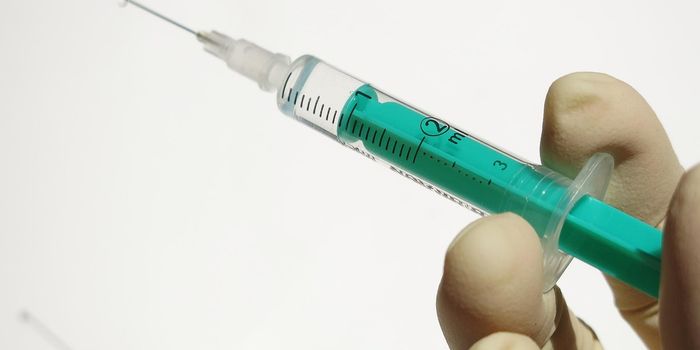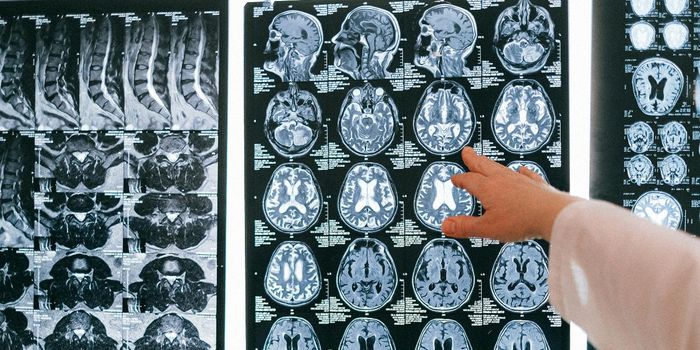The human immune system does have specially-designed cells for killing cancer cells, but they usually don’t live long enough to finish the job. A new study from the University of Cambridge focuses on enhancing their lifespan so cancer doesn’t stand a chance.
Cytotoxic CD8 T cells (Tc cells) are uniquely designed to participate in the virus- and cancer-targeting arm of the host defense system. They kill their targets by triggering apoptosis, also known as programmed cell suicide. Scientists from the University of Cambridge, in a new study published in the journal
Nature, are improving upon existing Tc cell-based cancer treatments by increasing the time Tc cells thrive in the bloodstream.
"With a fairly trivial treatment of T-cells, we're able to change a moderate response to tumour growth to a much stronger response, potentially giving people a more permanent immunity to the tumours they are carrying,” said Cambridge Professor Randall Johnson. He’s talking about the anti-cancer technique that involves growing large populations of Tc cells in the lab, which are programmed to recognize and kill cancer cells before being reintroduced into the body. “This could make immunotherapy for cancer much more effective."
The technique is called “adoptive T cell immunotherapy,” and it’s essentially Tc cell bootcamp that maximizes the cells’ cancer-killing potential. The only problem is that Tc cells are short-lived; the majority of them don’t survive past three days post-reintroduction, almost certainly not enough time to destroy the entire tumor or population of tumors.
Johnson and the team used a compound called 2-hydroxyglutarate (2-HG) in their study to enhance the lifespan of Tc cells. While the compound is known to trigger abnormal cell growth in tumors, a different form of 2-HG actually plays a vital role in Tc cell function by triggering its memory state, where the cells can be renewed, live longer, and re-activate to enter the fight against cancer (or infection).
The researchers tested the rebirth of Tc cells by increasing levels of 2-HG in the lab. They quickly saw that more 2-HG in the Tc cells enabled the generation of cells that could live longer and destroy tumors much more effectively.
"In a sense, this means that rather than creating killer T-cells that are active from the start, but burn out very quickly, we are creating an army of 'renewable cells' that can stay quiet for a long time, but will go into action when necessary and fight tumour cells," Johnson said.
Thanks to these renewable cells, scientists have a new hope for the future of cancer immunotherapy, and it’s all based on the innate power of the human immune system’s own cells.
Sources:
University of Cambridge,
Cell Metabolism,
Immunobiology: The Immune System in Health and Disease. 5th edition.









